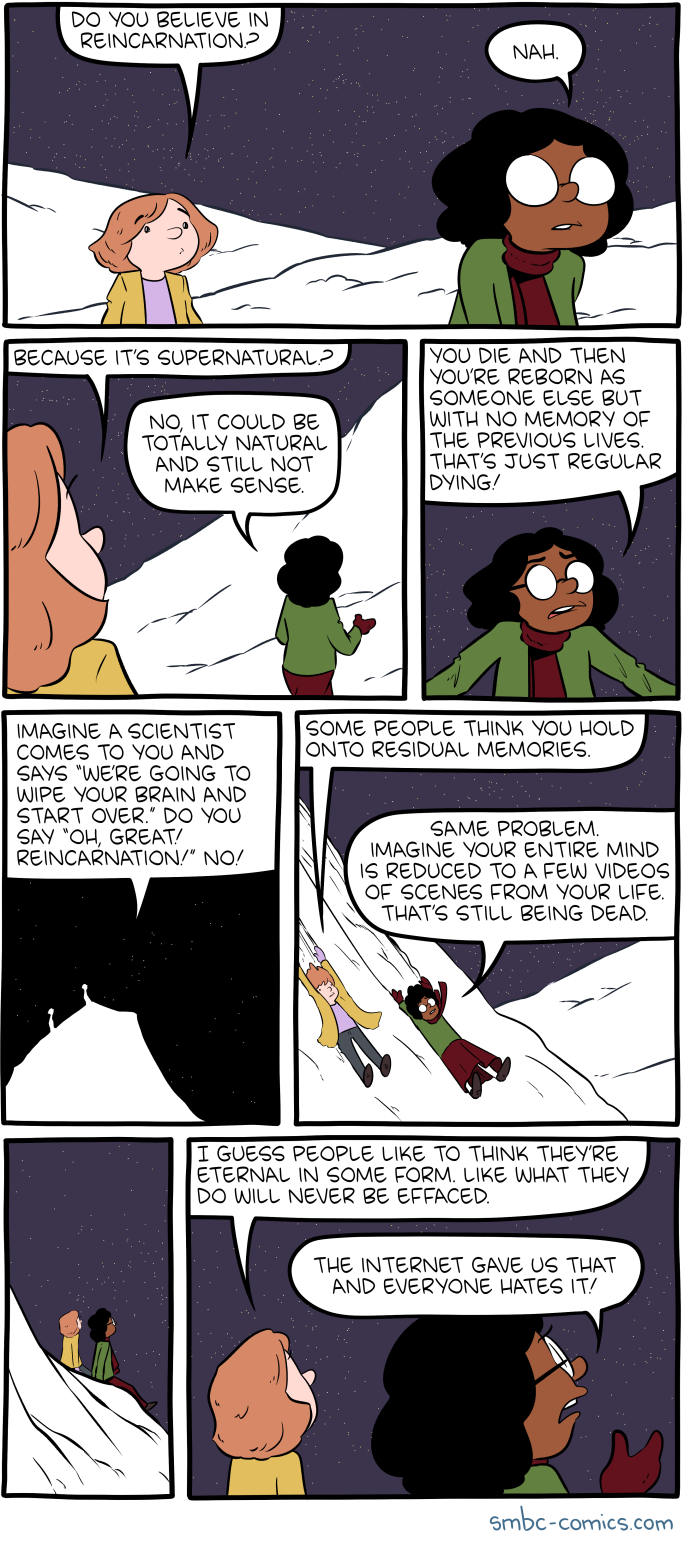Sunday, 30 August 2020 - 2:21pm
This week, I have been mostly reading these comics:
- Via Bruce Sterling:

- Green ban saves heritage and Sydney Powerhouse — Emily Thompson at Solidarity Online:
NSW Premier Gladys Berejiklian has backflipped over the move of the Ultimo Powerhouse Museum to Parramatta, announcing plans for a museum on both sites. After ongoing community opposition, the last straw was a NSW CFMEU construction union green ban against the demolition of heritage buildings in Parramatta to make way for the Powerhouse. This means the historic Willow Grove, a former maternity hospital, and St Georges Terrace, a row of housing terraces, will be protected. Darren Greenfield, the union’s secretary, said, “This is the first Green Ban the CFMEU has put in place since the recent passing of Jack Mundey who inspired a generation of unionists and community activists to fight for our shared built, cultural, and environmental heritage.” In recent years union green bans have helped save the Bondi Beach Pavilion, and boosted the fight to preserve The Rocks’ iconic brutalist Sirius building.
- Dinosaur Comics — by Ryan North:

- Murdoch’s Long Shadow — Sara Badawi in Tribbune:
This week Hacked Off, the campaign for a free and accountable press, has published research sourced from the government’s own data, that shows a disturbing closeness between Murdoch’s press empire and Boris Johnson. Among the findings is the extraordinary revelation that Rupert Murdoch personally met with the government at least three times in Johnson’s first six months. The last of those meetings was only 72 hours after the general election result was announced. But it goes further. Between 2018 and 2019, staff at Rupert Murdoch’s News UK met with government ministers and advisors a total of 206 times. Parliament sat for roughly 73 weeks across this period – which means News UK employees were getting an average of 2.8 meetings per week. The cabinet, by contrast, usually meets only once per week.
- Saturday Morning Breakfast Cereal — by Zach Weinersmith:

- Setting things straight about the Job Guarantee — Bill Mitchell:
The fact is that once you go down the UBI route you are diluting the inflation anchor provided by the Job Guarantee – which is a central proposition within MMT, and, is one of the features, that sets it apart from mainstream macroeconomics. And once you dilute the inflation anchor, then you are effectively back in a NAIRU world where unemployment is used as a policy tool to discipline any inflationary processes. You cannot have it both ways as an MMTer. If you support a UBI then you should not hold yourself out as a proponent of MMT. Simple as that.
- Non Sequitur — by Wiley Miller:
- 'Luddite Sensibilities' and the Future of Education — Audrey Watters:
I remain steadfast in my criticism of education technologies in almost all their forms and functions. Indeed, the problems that we've long identified with ed-tech — privacy violations, security concerns, racist algorithms, accessibility and access issues, all-male leadership teams, outsourcing, disruptive bullshittery, and so on — are still here. And I fear we are at a particularly dangerous crossroads for education because of ed-tech. The danger is not simply because of the entrepreneurial and the venture capitalist sharks circling our institutions, but also because the narratives, long foisted upon us, about the necessity of ed-tech are becoming more and more entrenched, more and more pervasive. These narratives have always tended to repress the trauma and anxiety associated with the adoption of new technologies and more broadly with the conditions, the precarity, of everyday life. These narratives want us to forget that ed-tech is, first and foremost, beholden to the ideologies of machines, efficiencies, and capitalism. But this is ed-tech's big moment, or so we're told. And all those folks who predicted a decade or so ago that schools would all be online by 2020, that universities would all be bankrupt may just be right.
- Bizarro — by Wayno and Piraro:

